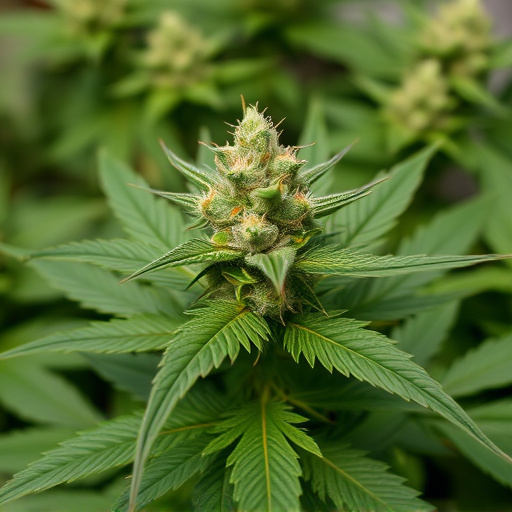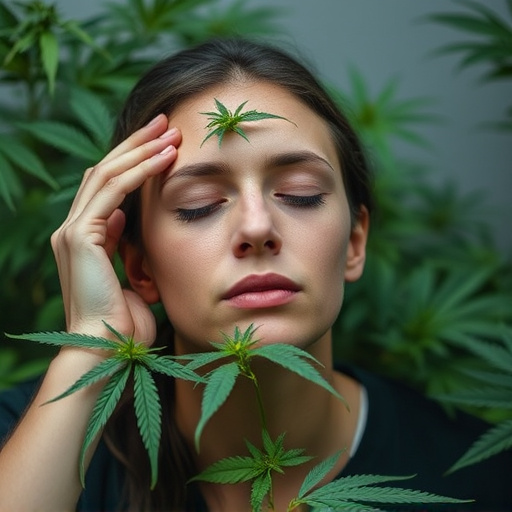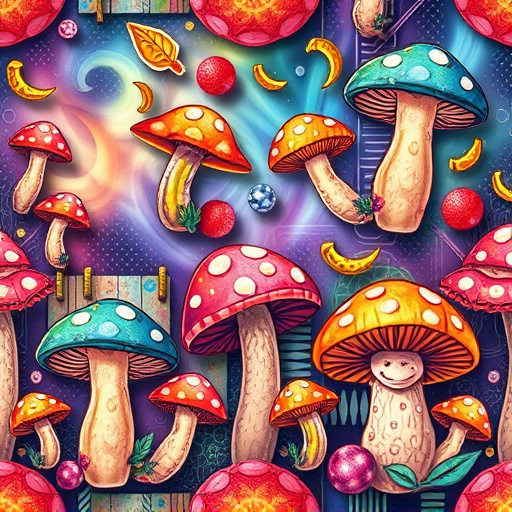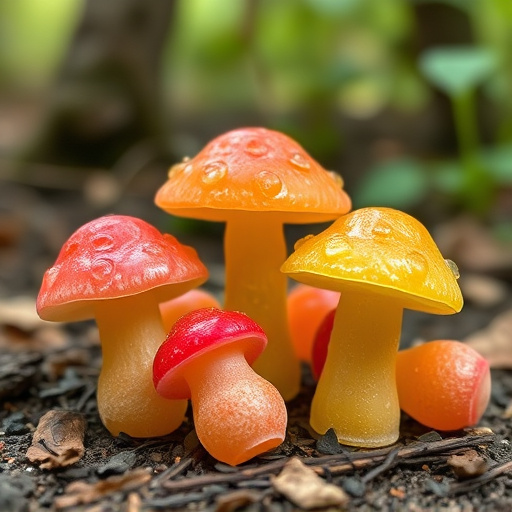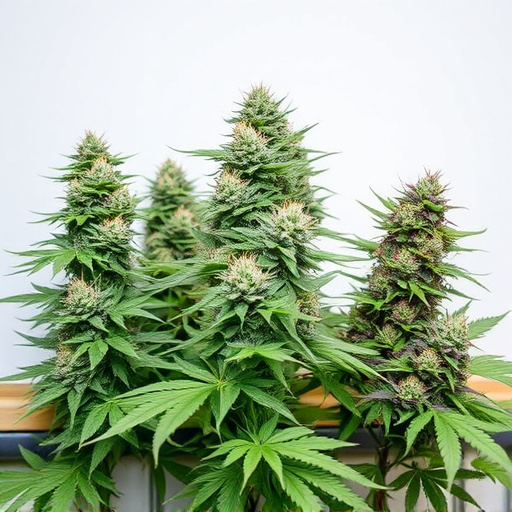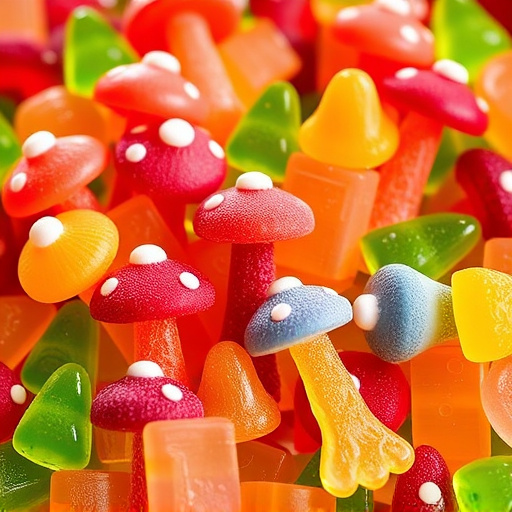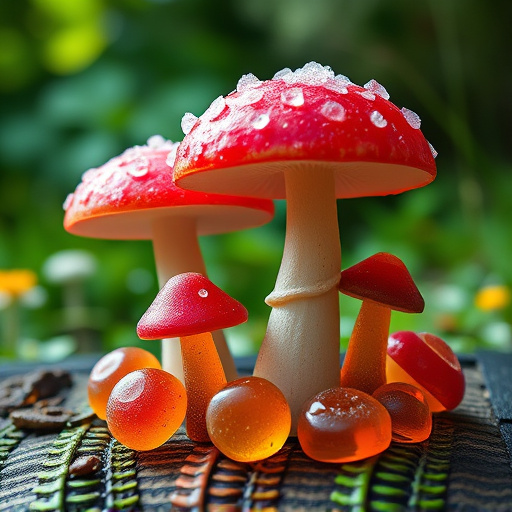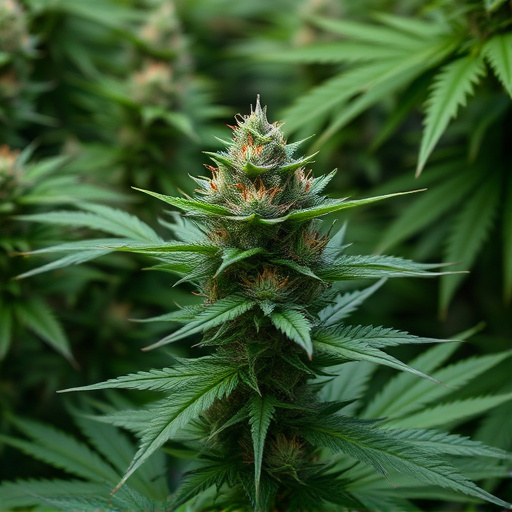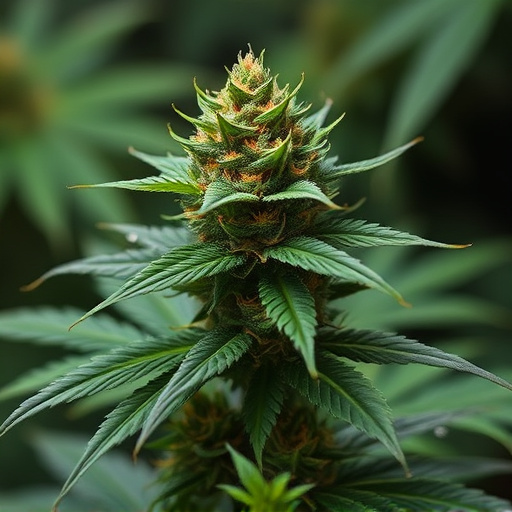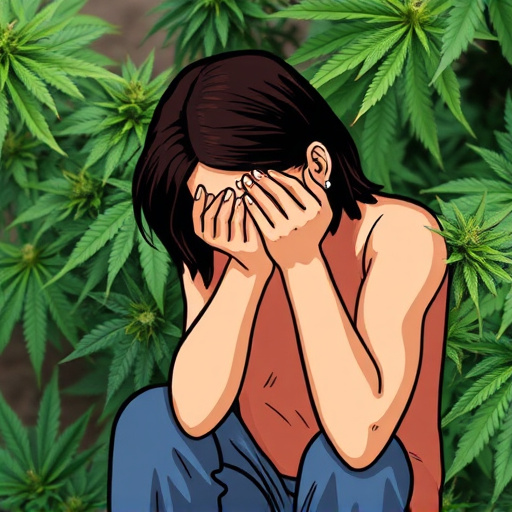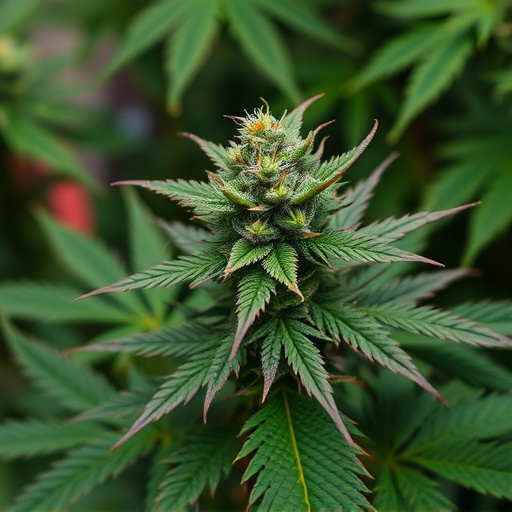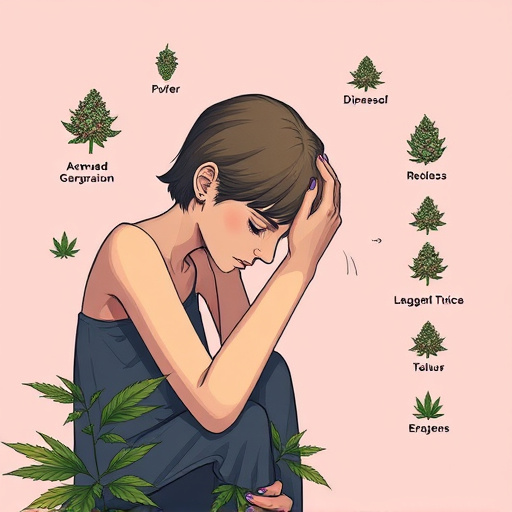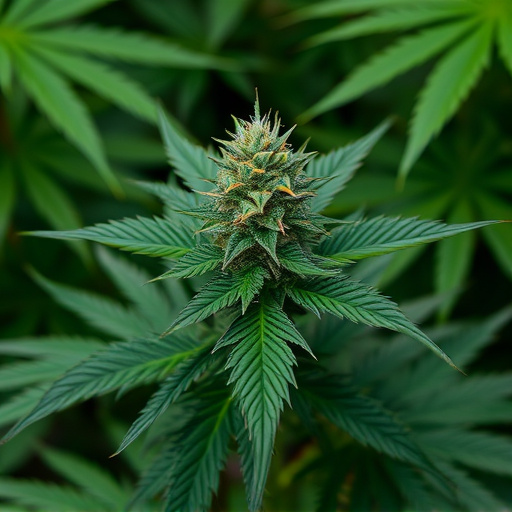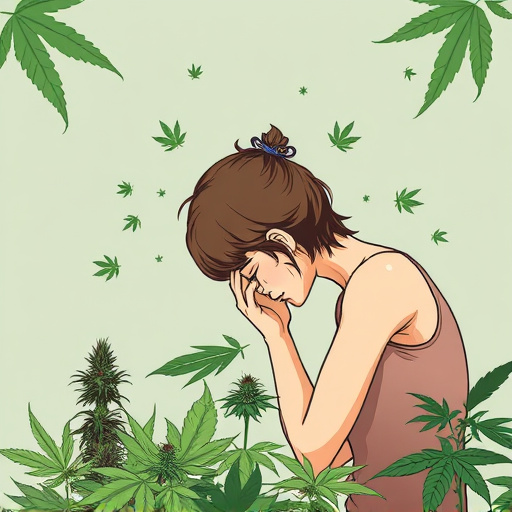Cannabis offers various strains with unique chemical compositions affecting mood. Sativa and Indica varieties provide distinct effects, with Sativa calming and energizing, and Indica relaxing. THC and CBD are key compounds—THC stimulates neurotransmitters, while non-psychoactive CBD interacts with the endocannabinoid system, showing potential as a natural antidepressant. For managing depression, exploring specific strains and their benefits is essential, considering individual chemistry and legal regulations. Consulting budtenders or healthcare professionals can help select the best cannabis strains for specific needs.
Cannabis flower, also known as marijuana or hemp, is a complex plant with various compounds called cannabinoids. Each strain has unique characteristics, affecting users differently. This article demystifies cannabis by explaining what it is and how different strains can be beneficial for managing symptoms of depression. We’ll explore the science behind its effects and guide you in choosing the right strain to suit your specific needs, offering a natural approach to coping with depression using cannabis strains.
- What is Cannabis Flower?
- Understanding Cannabis Strains and Their Effects on Depression
- Choosing the Right Cannabis Strain for Your Needs
What is Cannabis Flower?
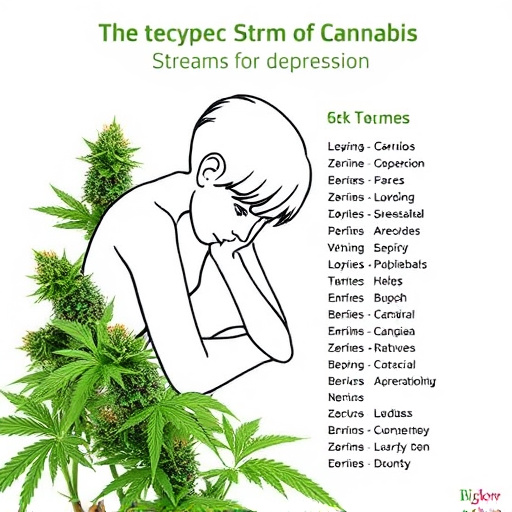
Cannabis flower, often simply referred to as “cannabis” or “weed,” is the reproductive part of the cannabis plant (Cannabis sativa). It’s more than just the green buds we see—it’s a complex combination of tiny hair-like structures (cannabinoid glands) covered in resin. These glands contain various chemicals, including cannabinoids like THC and CBD, terpenes, and flavonoids, each contributing to the unique effects and properties of different cannabis strains.
When people discuss cannabis for depression, they’re often referring to specific strains known for their potential mood-lifting and calming effects. While research into cannabis as a treatment is ongoing, many users find relief in strains high in CBD, which has been linked to reduced anxiety and improved mood without the psychotropic effects of THC. Exploring different cannabis strains for depression should be done under professional guidance, considering individual chemistry and legal regulations.
Understanding Cannabis Strains and Their Effects on Depression
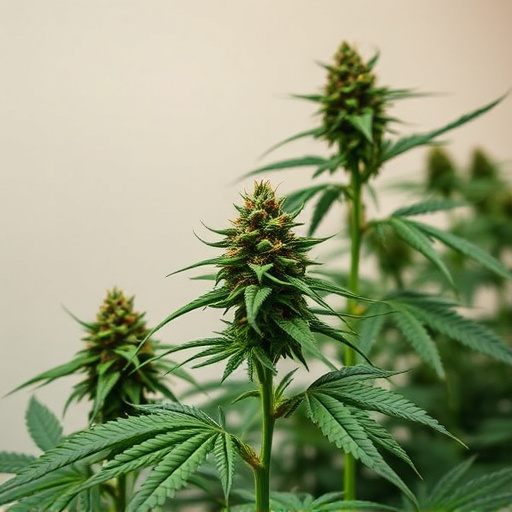
Cannabis flowers come in various strains, each with unique chemical compositions and effects on the human body. When it comes to managing conditions like depression, specific cannabis strains can offer potential relief. Sativa strains, known for their uplifting and energizing effects, may help reduce symptoms of depression by promoting a sense of calm and improving mood. Indica strains, on the other hand, are celebrated for their relaxing and sedative properties, which could be beneficial for individuals experiencing insomnia or chronic stress related to depression.
Different cannabis compounds, notably THC (tetrahydrocannabinol) and CBD (cannabidiol), play a role in these effects. THC is responsible for the “high” associated with cannabis but can also stimulate mood-regulating neurotransmitters. CBD, however, doesn’t produce any psychoactive effects and has gained attention for its potential antidepressant properties. It interacts with the endocannabinoid system, which influences mood, appetite, and pain perception, making it a promising natural remedy for depression.
Choosing the Right Cannabis Strain for Your Needs
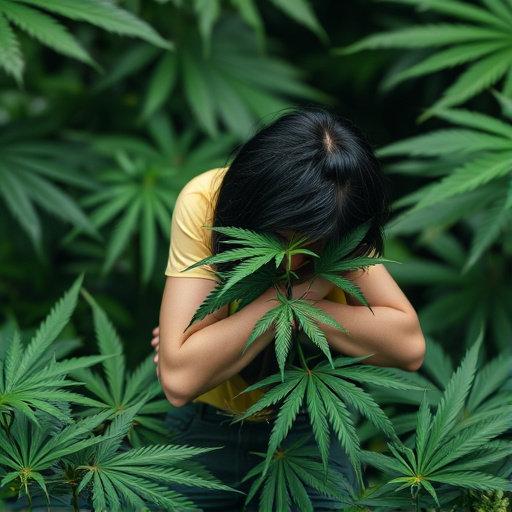
When it comes to finding cannabis strains for depression or other specific needs, understanding your options is key. Different cannabis strains offer a range of effects, thanks to their unique chemical profiles, primarily THC (tetrahydrocannabinol) and CBD (cannabidiol) content. For instance, high THC strains are known for their mood-altering properties and can be effective for managing stress and anxiety, but they may not be suitable for everyone, especially those with a history of mental health challenges.
On the other hand, strains rich in CBD, often referred to as medical or medicinal cannabis, have gained popularity for their potential therapeutic benefits without the psychoactive effects. These can help alleviate symptoms of depression, anxiety, and even chronic pain. Consider your desired outcomes, whether it’s relaxation, energy, or targeted pain relief, when choosing a strain. Consulting with knowledgeable budtenders or healthcare professionals can also guide you in selecting the best cannabis strains for depression or other conditions, ensuring a positive and beneficial experience.
Cannabis flower, with its diverse strains, offers a natural approach to managing conditions like depression. Understanding different strains and their unique effects is key to finding relief. By selecting the right cannabis strain tailored to individual needs, one can experience potential therapeutic benefits while navigating the complexities of mental health in a holistic way. Exploring cannabis as a complementary treatment, especially for those seeking alternatives or additional support for depression, could open doors to improved well-being and enhanced quality of life.
